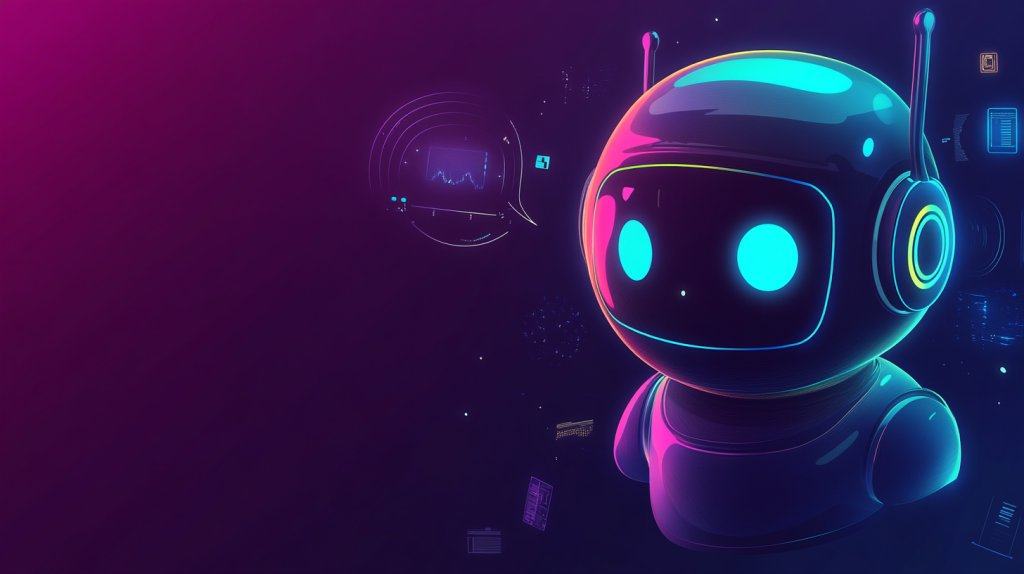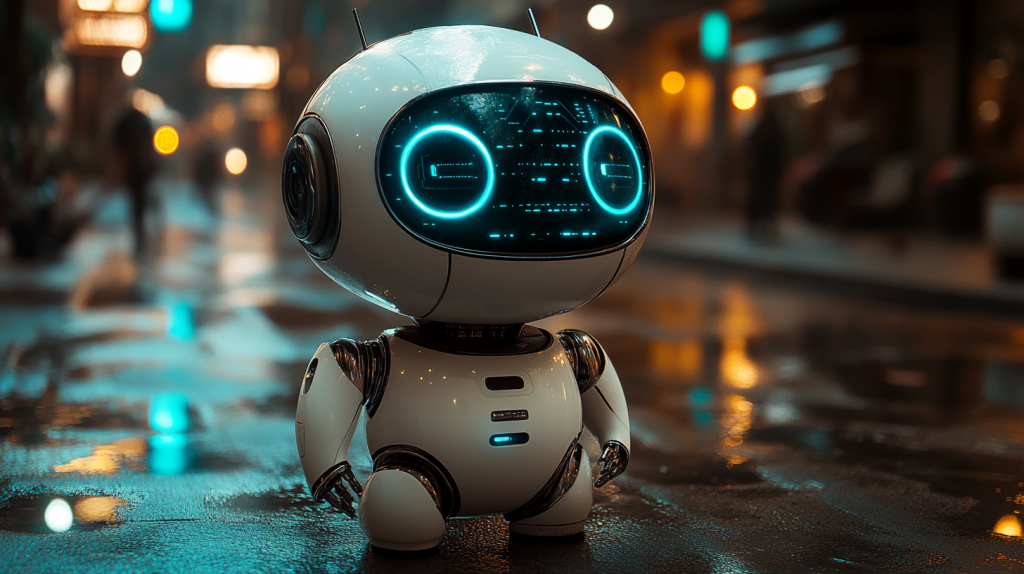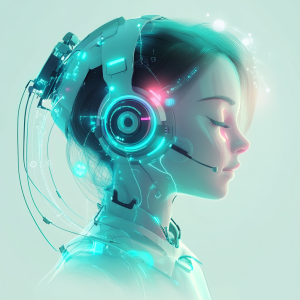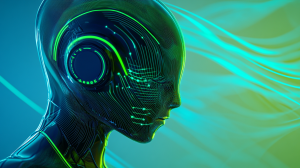It is no question that AI chatbots and assistant technologies are accelerating at a rapid pace. In this post, we will explore how this technology is poised to advance, and what these new improvements will look like. We are truly entering a new era of advanced AI technology that is poised to reshape the way businesses interact with people on the internet. The following is a list of new technologies that could be improved on and introduced over the next decade:
1. Hyper-Personalization Through Advanced Data Analytics
Through advanced Data Analytics, these bots will be able to tailor base responses for highly personalized experiences. They will be able to leverage advanced data technologies such as real-time behavioural data, historical interactions, and possibly even biometric data to deliver hyper-personalized user experiences. With access to this data, it can be imagined that these bots could predict user needs, preferences, and even moods with greater accuracy that will leave users feeling as if they were interacting with another human being rather than an AI bot.
2. Improved Natural Language Processing (NLP) and Understanding
More data means more information which will lead to a deeper understanding of language. Imagine, these bots will be able to recognize slang speech and trends in order to relate to us on an even more humane level. With these capabilities, they will be even better at mirroring the person they are speaking with, and will become more relatable and fluent in our languages.

3. AI Chatbots as Emotional Companions
Undoubtedly, there will be applications of these bots (there are these services already), to provide mental health and emotional support. As the innovations in emotional intelligence alorithms improve, these bots may be much better at detecting and responding to emotional cues. This may provide use cases for individuals who stuggle with anxiety, depression, or lonelieness. The may even be able to analyze biometric information from your smart watch to help detect your current emotions and provide real-time interventions when required.
4. Voice and Multimodal Interaction Capabilities
These chatbots may become like a personal conceirge for interactive experiences like augmented and virtual reality (AR & VR). Imagine, they can present product visuals, help with step-by-step guidance, or even closed captioning in a virtual environment. This technology will present itself incredibly versatile in all types of sectors including retail, healthcare, education, and entertainment.
5. Increased Automation and Integration with Other Technologies
As more companies adopt AI chatbot technology, their integration among other technologies is likely to expand. We can expect these chatbots to work alongside IoT devices, smart home systems, and autonomous vehicles. Imagine, a chatbot that helps to manage your home’s energy use base on your habits, helping to schedule you a car service while you’re on the road, or providing real-time translation and interpreting services during business meetings in foreign countries. Once these types of technologies are integrated, we may see them as indispensable in our daily lives.
6. Enhanced Security and Privacy Features
One of the main concerns, as with any collection of information and data, is surrounding the security and privacy. As the technology progresses, so will the ability to encrypt and protect these sources of data.
7. Chatbots in Business Strategy and Decision Making
Virtual business advisors will soon be by everyones side. Whether it be marketing, sales, supply chain, or other business aspects, these virtual tools will soon be utilized to improve many aspects of functioning businesses. Beyond customer interaction, chatbots are expected to become integral in business strategy and decision-making processes. Future chatbots will not only gather and analyze data but also provide actionable insights and recommendations to business leaders. This will enable companies to make more informed decisions, optimize operations, and identify new opportunities for growth. Chatbots will evolve from being reactive tools to proactive partners in business success.

8. Lifelong Learning and Continuous Improvement
One of the most exciting prospects for the future of AI chatbots is their ability to learn continuously. Through machine learning and adaptive algorithms, future chatbots will improve over time, learning from each interaction and adjusting their responses and strategies accordingly. This will not only enhance the user experience but also ensure that chatbots remain relevant and effective as the technology and user expectations evolve.
Conclusion
The next decade will bring unprecedented innovations in AI chatbot technology, transforming how we interact with the digital world. From hyper-personalization and emotional intelligence to seamless integration with other technologies, the future of AI chatbots promises to be more human-like, versatile, and intelligent. As these technologies continue to develop, businesses and individuals alike will benefit from more meaningful and effective interactions, making AI chatbots an integral part of our everyday lives. The future is bright for AI chatbots, and we are just scratching the surface of their potential.



